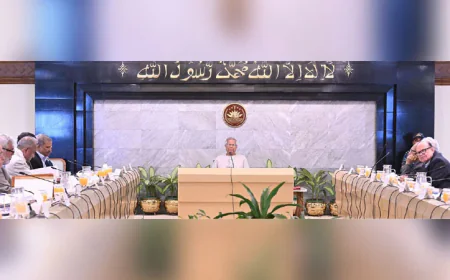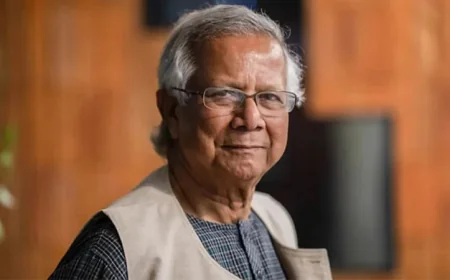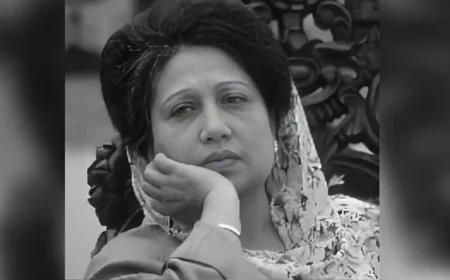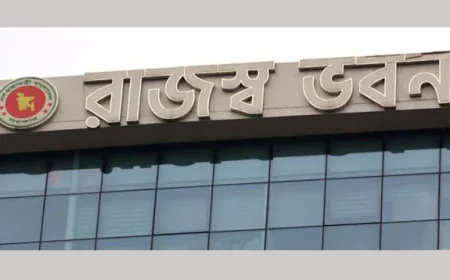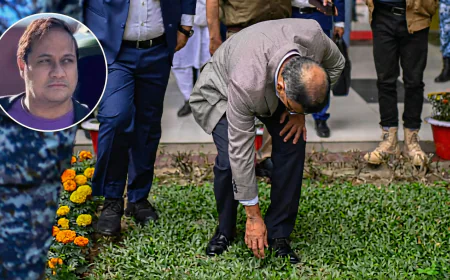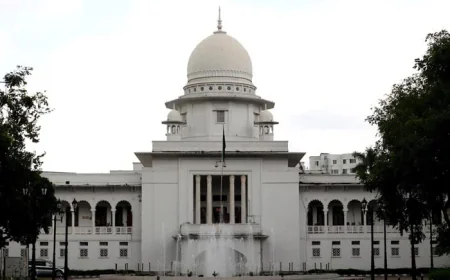Dhaka DC: Section 110 of CrPC to Be Enforced to Maintain Law and Order

Dhaka Deputy Commissioner (DC) Tanvir Ahmed has announced the enforcement of Section 110 of the Code of Criminal Procedure (CrPC) to maintain peace and order in the capital. The measure aims to control notorious and habitual offenders and prevent criminal activities in the city.
Main Report: The Dhaka district administration has decided to implement Section 110 of the CrPC to uphold public order and prevent crimes. In a message to journalists on Sunday (October 5), DC Tanvir Ahmed shared the decision, saying: “Section 110 of the CrPC provides provisions to restrain notorious and habitual offenders from committing further crimes. However, the application of this section is rarely seen. The Dhaka district administration will actively enforce it whenever necessary to prevent crime.”
Seeking public cooperation, he added: “If you have information about any notorious or habitual offenders in your area — individuals whose conduct poses a threat to social peace — please share their names, addresses, and details of their offenses with the Deputy Commissioner or the Additional District Magistrate.”
According to Administrative Sources: Often, due to lack of concrete evidence, major criminals or local thugs manage to evade justice, even though residents are aware of their misdeeds. By applying Section 110, the administration expects to keep such identified gangsters, extortionists, and habitual criminals under control. This approach will work on the principle of “prevention rather than punishment.” About Section 110 of the CrPC: Section 110 of the Code of Criminal Procedure is a preventive or deterrent provision. Its primary objective is not to punish habitual offenders for specific crimes, but to ensure they do not commit offenses in the future by requiring them to sign a bond for good behavior.
Under this section, authorities can take action against: Habitual thieves, robbers, and bandits, Kidnappers, extortionists, and individuals who terrorize communities. If sufficient evidence is found, a magistrate may order the accused to execute a bond for keeping the peace and good behavior for up to one year.

